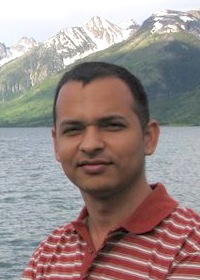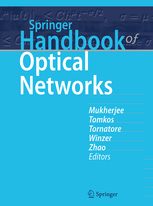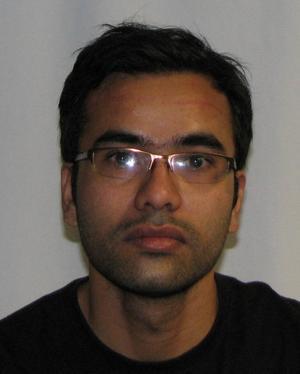
Tripti defended her thesis, entitled “A Trust Model for IoT Systems Using Physical Capabilities”, in April, 2024. Her thesis work articulated the essential problem in creating trust in IoT and cyberphysical networks, and showed that information-security mechanisms (such as crypto and blockchain) were not sufficient in generating foundational trust among agents in a multi-agent IoT network, since no amount of information security mechanisms could verify the truthfulness of an agent a priori – but since agents were embedded in a common physical context, the shared physical space could be used to verify the truth of assertions made by agents, using a framework she built. Tripti goes on to employment at NetApp.








